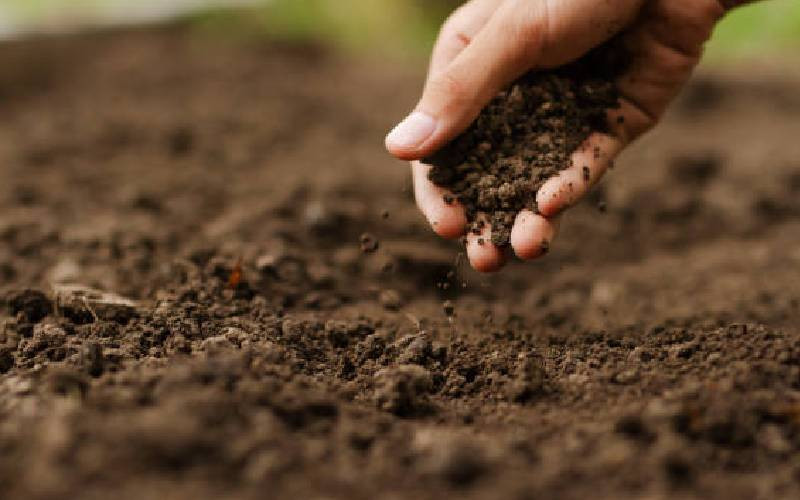×
The Standard e-Paper
Fearless, Trusted News

The productivity of our agricultural systems; societal food and nutrition security, improvement of livelihoods, and poverty alleviation all depend on the health of our soils.
Yet, many of us are oblivious to the status of the medium in which our food grows.